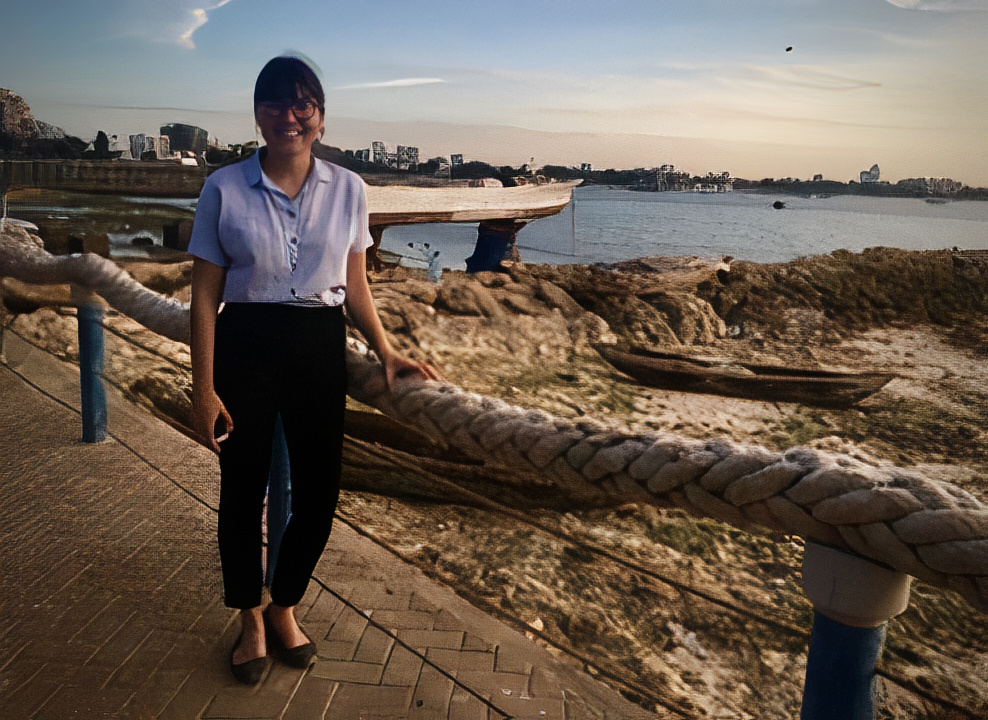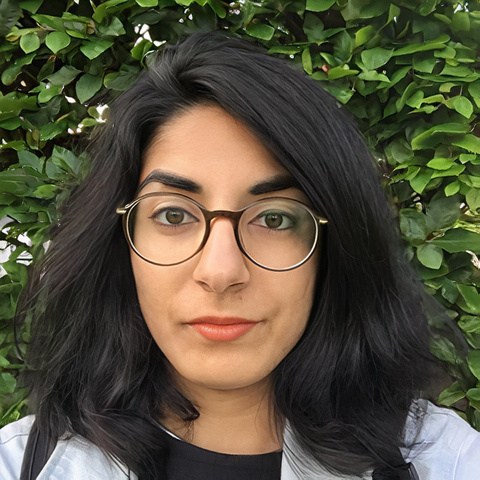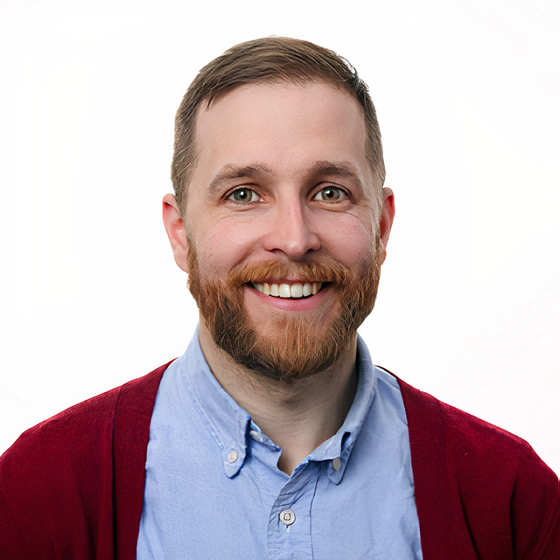“This exceptional program deals with current issues and real-world problems. It helps students cultivate a critical mindset with regards to international matters unfolding right now. I find it’s an ideal happy medium between two important disciplines: politics and law. The program is exciting, engaging and can lead to so many careers. My classmates are equally motivated and my professors are fascinating!”
Omra Masstan, student



